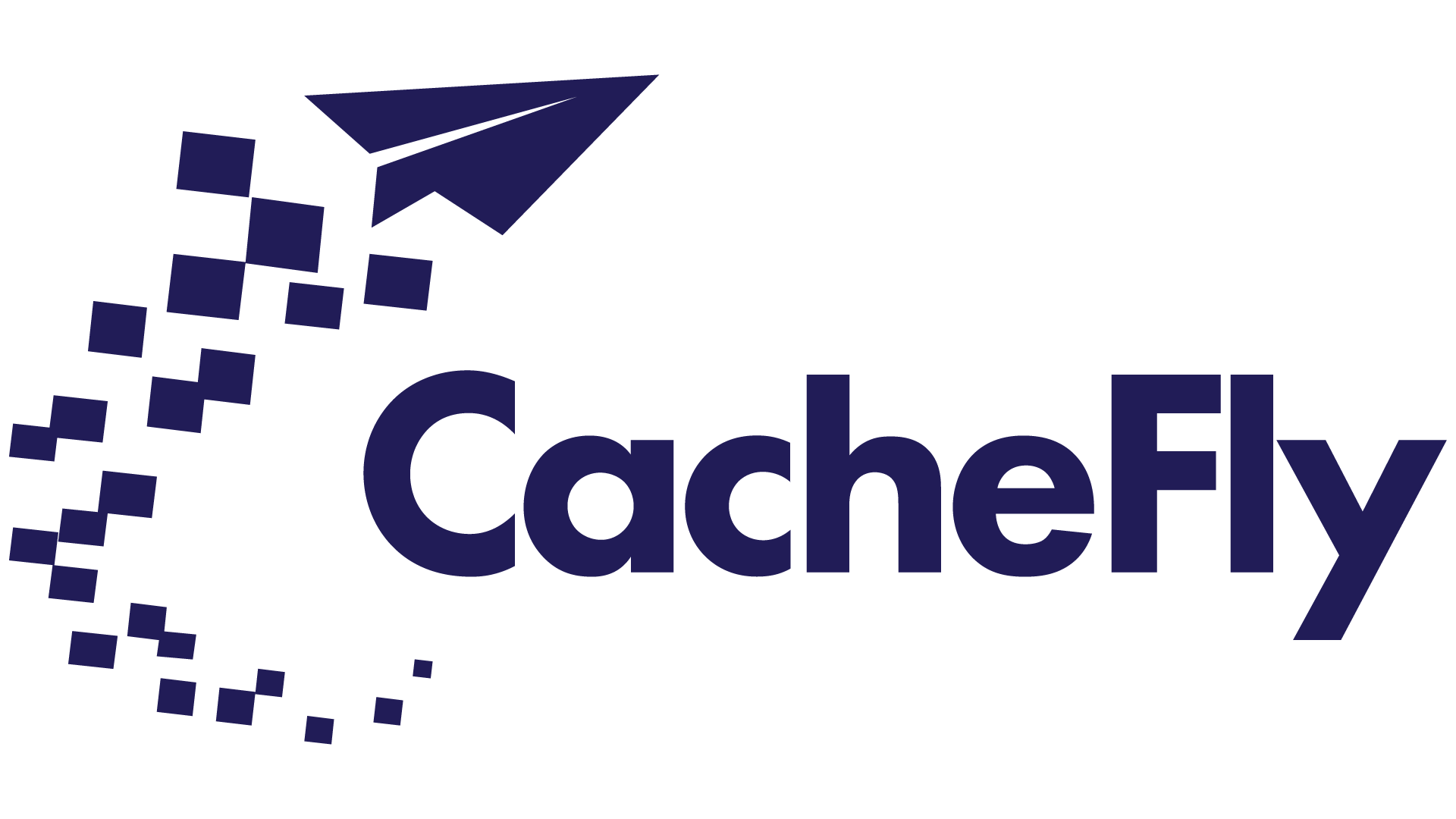
Crunch Culture and Achieving Work-Life Balance in the Gaming Industry
Post Author:
CacheFly Team
Categories:
Date Posted:
August 7, 2024
Key Takeaways
- Addressing crunch culture and achieving work-life balance is crucial to creating a sustainable and healthy work environment.
- Crunch culture, a practice of working excessive hours to meet project deadlines, often compromises the personal time and well-being of employees in the gaming industry.
- The origins of this culture can be traced back to the early days of the gaming industry, and its acceptance has led to serious physical and mental health repercussions for developers.
- There is growing criticism of this practice from within and outside the industry, with calls for change from advocacy groups and employees alike.
Addressing crunch culture and achieving work-life balance in the gaming industry is a pressing issue that deserves our immediate attention. The gaming industry, known for its creative dynamism and technological advancements, is unfortunately also notorious for its “crunch culture”. Characterized by excessive working hours, often at the expense of personal time and well-being, has become an unwelcome norm in the industry. The repercussions of this practice are far-reaching. Crunch Culture negatively impacts the physical and mental health of developers, the quality of games produced, and the overall reputation of the industry. As we dive deeper into this issue, we will examine the roots of crunch culture, its impact, and the growing calls for change from within and outside the industry.
Understanding Crunch Culture in the Gaming Industry
Crunch culture is the practice of working excessive hours, often beyond the standard 40-hour work week, to meet project deadlines. This culture has its roots in the early days of the gaming industry when small teams were racing against the clock to deliver games on time. This practice, initially seen as a necessary evil, has unfortunately evolved into a normalized practice.
The impact of crunch culture on employees is significant. Developers subjected to prolonged periods of crunch often experience severe physical and mental health repercussions. They face high stress levels, burnout, and various health complications. This not only affects their personal lives but also their productivity and the quality of work they produce.
Crunch culture has also led to growing criticism from both within and outside the industry. Employees and advocacy groups alike are calling for change. They say that this type of culture is unsustainable and that it’s detrimental to employee health and well-being. As a result, these people are addressing crunch culture by promoting work-life balance in the gaming industry.
The crunch culture criticism has led to increased scrutiny of the industry’s practices and calls for more employer involvement in promoting work-life balance. Responding to these calls is not just a moral imperative but also a business necessity. A healthy, motivated workforce is essential for the production of high-quality games and the overall success of the gaming industry.
Strategies for Promoting Work-Life Balance In The Gaming Industry
Addressing crunch culture and achieving work-life balance in the gaming industry is a multifaceted challenge. It demands a shift in industry norms, employer attitudes, and established work practices. Here, we discuss some proven strategies that can help create a healthier work environment in the gaming industry.
1. Adopting Flexible Work Hours
One effective way to promote work-life balance is through the adoption of flexible work schedules. This practice allows employees to tailor their work hours to fit their personal commitments, thereby reducing stress. A practical approach to this is implementing core hours where all team members must be available, but allowing flexibility outside of these times. This system respects the individual needs of employees, aids in maintaining a healthier work-life balance, and ultimately contributes to increased productivity.
2. Encouraging Mental Health and Personal Well-Being
Workplace mental health is an essential aspect of addressing crunch culture. Employers can support mental health and personal well-being by offering counseling services and allotting mental health days. Recognizing the need for mental health support within the workplace not only helps individuals cope, but it also fosters a compassionate and supportive work environment. After all, a healthy workforce is key to achieving excellence in game development.
3. Ensuring Employer Involvement and Support
Employers play a crucial role in promoting work-life balance. Active engagement and support mechanisms, such as employee surveys and open lines of communication, allow employers to understand and address the needs of their workforce. This proactive involvement helps in identifying issues related to workload and stress, enabling employers to implement timely and effective solutions.
4. Creating a Harmonious Work Environment
Lastly, fostering a positive and supportive work culture that values employee well-being as much as productivity is vital. A harmonious work environment encourages teamwork, reduces stress, and promotes a healthy work-life balance. In such an environment, employees feel valued and motivated, leading to better productivity and higher quality output.
By adopting these strategies, the gaming industry can make significant strides in addressing crunch culture and promoting work-life balance. The shift may not be easy, but it’s a necessary one. As more and more gaming companies embrace these principles, the industry will not only see happier, healthier employees, but also a marked improvement in the quality of games produced. And that’s a win-win situation for everyone.
Implementing Organizational Changes for Sustainable Development
Addressing crunch culture and achieving work-life balance in the gaming industry is not just about immediate remedial measures. We must also focus on sustainable development through organizational changes that support a healthy work culture. Here are some key strategies that can help accomplish this significant shift:
1. Transition to Agile Development Methodologies
Switching to agile development methodologies can dramatically transform the work dynamics in the gaming industry. Agile frameworks promote iterative development, allowing for more flexible and manageable workloads. This shift can significantly reduce the need for crunch, as it focuses on continuous improvement in small increments rather than big bang launches. It can also foster a culture of shared responsibility and collaboration, supporting a healthier, more balanced work environment.
2. Prioritize Project Management and Realistic Deadlines
Clear, achievable deadlines are pivotal in preventing the need for crunch time. By prioritizing effective project management, gaming companies can safeguard the work-life balance of their employees. Project managers play an essential role here, determining realistic timelines, managing resources effectively, and ensuring workload balance. A well-managed project respects the time and effort of its team members, leading to better quality output and a happier team.
3. Foster a Culture of Respect for Personal Time
To truly address crunch culture, gaming companies must foster a culture of respect for personal time. Policies such as no-email during off-hours and mandatory vacation time can help establish clear boundaries between work and personal life. Employees who can disconnect from work during their personal time are more likely to be productive and engaged during their working hours.
4. Implement Regular Check-ins and Feedback Loops
Regular check-ins and feedback loops between employees and management are crucial in maintaining a healthy work-life balance. These interactions provide a platform for discussing workload, stress levels, and potential adjustments. An open dialogue can help identify issues early on, allowing employers to implement solutions promptly. This in turn promotes a more balanced and supportive work environment.
By implementing these organizational changes, the gaming industry can make significant strides towards sustainable product development. Addressing crunch culture and achieving work-life balance is more than just a trend – it’s a long-term commitment to creating a healthier, more productive work environment.
Leveraging Technology to Support Work-Life Balance
As we foster a culture of respect for personal time and implement organizational changes, technology can serve as a powerful ally as well. From productivity tools to data analytics, tech solutions can help in addressing crunch culture and promoting work-life balance in the gaming industry.
1. Introduce Productivity and Collaboration Tools
Productivity and collaboration tools have become indispensable in our digital age. These tools can enhance efficiency, enable remote work, and reduce the need for extended hours in the office. Software like Slack, Trello, and Asana can streamline communication, manage tasks effectively, and boost collaboration among team members. By adopting these tools, gaming companies can ensure that work is completed efficiently, reducing the pressure that leads to crunch culture.
2. Promote The Use of Project Management Software
Project management software can be a game-changer in setting realistic timelines, allocating resources effectively, and tracking progress. Tools like JIRA, Basecamp, and Microsoft Project can help project managers oversee the workflow, ensuring that tasks are distributed evenly and deadlines are met without last-minute rushes. By harnessing the power of these tools, gaming companies can tackle crunch culture and promote work-life balance.
3. Encourage Digital Detoxes
While technology can be a great enabler, it’s also essential to understand the importance of digital detoxes. Encouraging employees to disconnect from digital devices during their off-hours can reduce burnout and promote mental well-being. Gaming companies can create guidelines and encourage practices that help employees disconnect, ensuring that personal time truly remains personal.
4. Utilize Analytics for Workload Management
Data analytics can provide valuable insights into work patterns and help identify potential overloads. By analyzing data, managers can identify bottlenecks, potential crunch periods, and redistribute tasks to ensure a balanced workload among team members. Business Intelligence (BI) Tools like Tableau or Microsoft BI can help in this regard, offering actionable insights that can be used to create a more balanced and healthier work environment.
As we continue to leverage technology for better work-life balance, it’s clear that addressing crunch culture requires a comprehensive approach. From organizational changes to tech integrations, every aspect plays a crucial role in creating a healthier work environment in the gaming industry.
Building a Supportive Community and Industry-Wide Initiatives
As we strive towards addressing crunch culture and promoting work-life balance, the role of community and industry-wide initiatives cannot be overstated. It’s a collective effort, where every stakeholder plays a part in fostering a healthier work environment in the gaming industry.
1. Establish Peer Support Groups
One of the most effective strategies is the establishment of peer support groups within the company. These groups can provide a platform for employees to share experiences, strategies, and encouragement related to maintaining work-life balance. By fostering such a supportive network, companies can help their employees deal with the pressures of the industry more effectively.
2. Industry-Wide Collaboration to Set Universal Standards
Addressing crunch culture and promoting work-life balance also demand industry-wide collaboration. Gaming companies can lead by example, advocating for industry-wide standards and best practices for work-life balance. These standards should include reasonable working hours and crunch avoidance. A unified approach can make a significant difference in combating crunch culture.
3. Highlight Success Stories and Role Models
It’s essential to highlight success stories and role models within the gaming industry. Sharing examples of companies or teams that have successfully implemented strategies to combat crunch culture and promote a healthy work-life balance can provide a roadmap for others to follow. These success stories serve as a beacon, proving that a healthy work-life balance in the gaming industry is indeed achievable.
4. Advocate for Legislative and Policy Changes
Lastly, there is a need for legislative and policy changes to protect workers in the gaming industry from excessive work demands. Governmental and policy interventions can play a significant role in promoting healthier work environments. Achieving a healthy work-life balance is akin to training for a triathlon—it requires a concerted and continued effort, but the benefits are enormous.
In this journey towards addressing crunch culture and promoting work-life balance, every step matters. From leveraging technology to building supportive communities—each initiative contributes to a healthier and more balanced gaming industry. Are you ready to play your part?
About CacheFly
Beat your competition with faster content delivery, anywhere in the world! CacheFly provides reliable CDN solutions, fully tailored to your business.
Want to talk further about our services? We promise, we’re human. Reach us here.
Product Updates
Explore our latest updates and enhancements for an unmatched CDN experience.
CacheFly in the News
Learn About
Work at CacheFly
We’re positioned to scale and want to work with people who are excited about making the internet run faster and reach farther. Ready for your next big adventure?




